Validated SENSE Theatre Outcomes
The theatre-based intervention contributes to improvement in core areas of social ability for youth with ASD.
Learn More
Improvement suggests an increased salience for social information even in the absence of explicit instruction.
Learn More
Highlights the importance of peer-mediation, reciprocal social engagement and active practice of socialisation.
Learn More
Gains in memory for faces and social communication skills.
Learn More